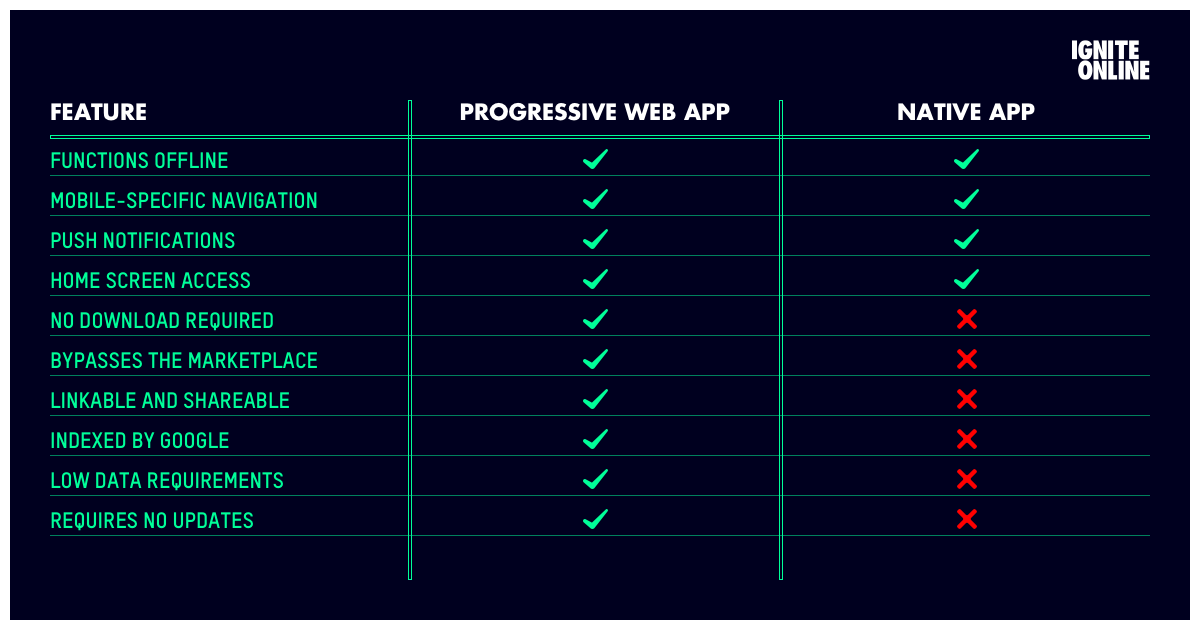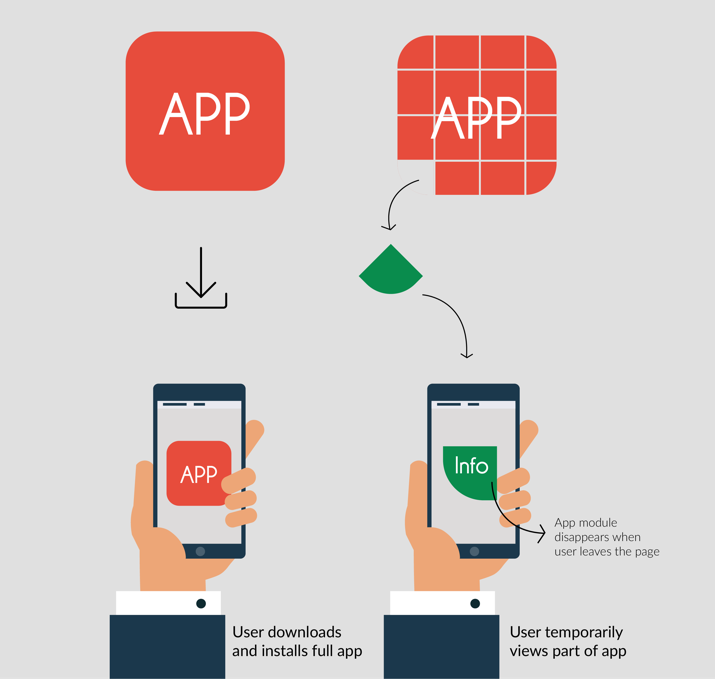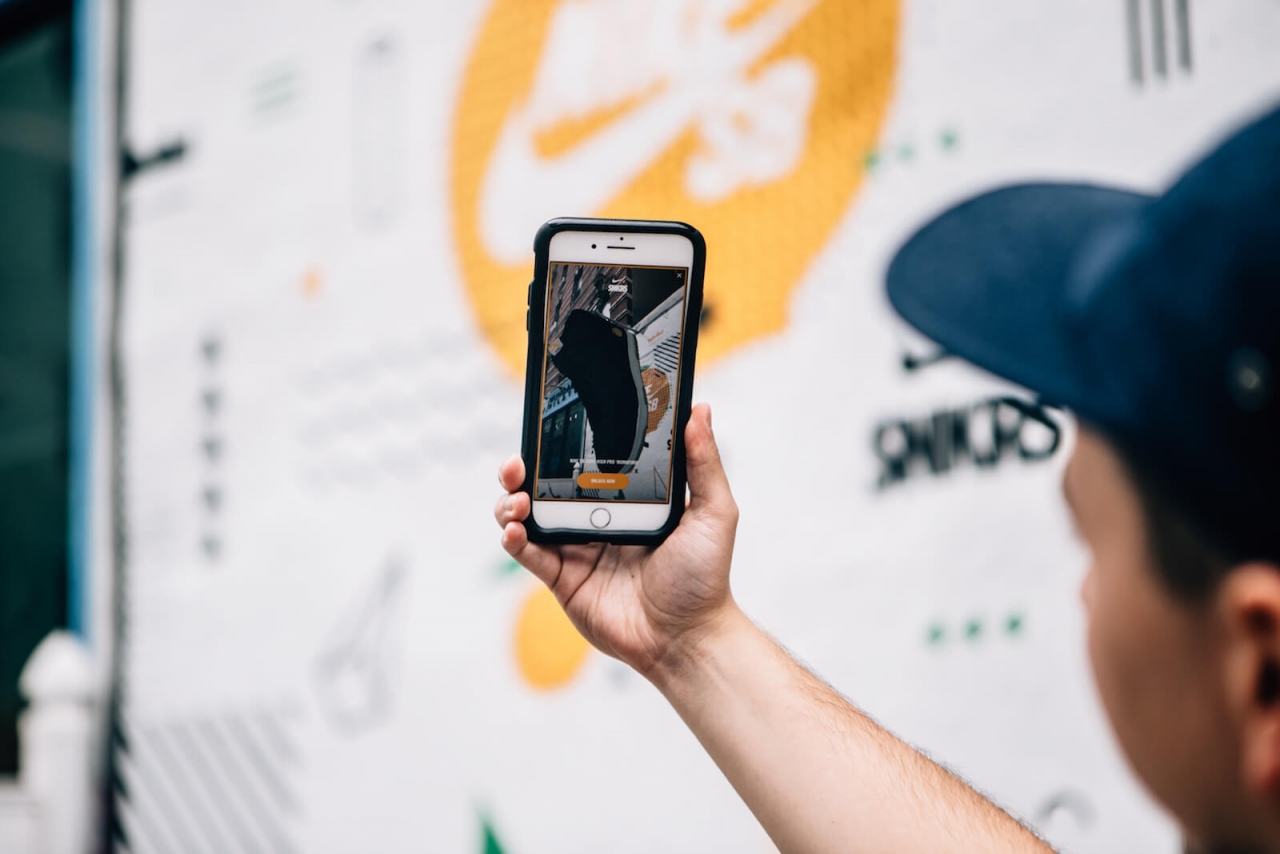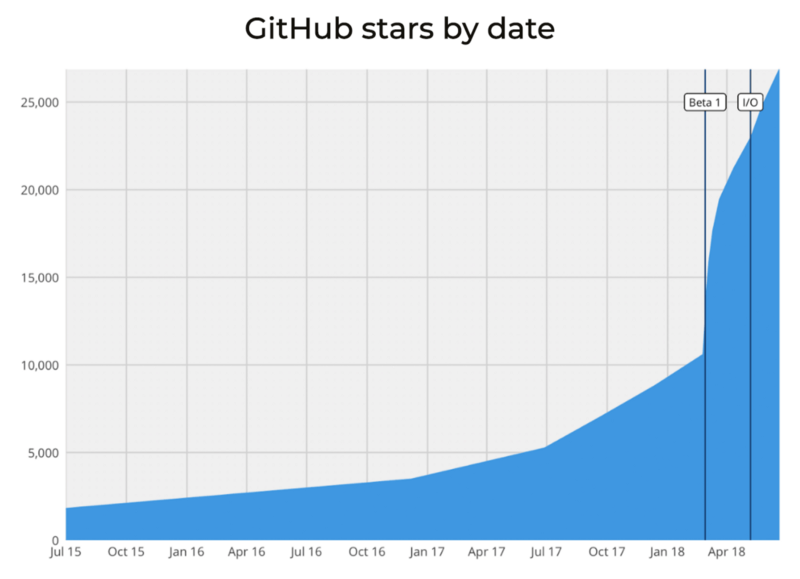
Artificial Intelligence, machine learning, Internet of Things, and other futuristic technologies dominate the headlines of an average day.
But that hasn’t dampened the buzz around enterprise mobile (and its subset mobile app development). It still remains a torchbearer for digital transformation.
In fact, a combined study conducted by Oxford Economics and Samsung found that 82% of respondents believe smartphones and similar tools are highly important or quite important to employee productivity.
Source: Samsung
As we inch closer to 2023, it is imperative that your digital strategy is fine-tuned to keep up the future of mobility.
To help you stay on course, we have compiled a list of mobile app development trends, which in our opinion would shape up the days to come.
A vast majority of mobile apps today have a distinct web browser and mobile app experience. The interface, the controls, the structure in which content is served and much more is quite distinct.
Progressive web apps help dissolve that difference between web and browser experiences. Progressive webs apps or PWAs mimic the user experience of web applications. They are capable of working offline, sending push notifications, utilizing device features that were earlier reserved only for native mobile apps.
PWAs bring to users the best of user experience that has both the standards of web and mobile bundled in. This trait makes progressive web apps one of the leading mobile app development trends.
Here's a table that shows the key differences between native mobile apps and progressive web apps:

From the above table, it is evident that PWAs are a better alternative to native mobile apps. As a result, PWAs will surge in popularity in the coming days.
Android instant apps allow users to test out some features of the app without having to install the native app. Downloading certain native apps have been frowned upon by users because they consume a significant amount of internal storage.
Google announced Android instant way back in May 2017 to get user hands-on Native Android apps, without the installation. In Google Play Store, users can tap, try and use the native application and mobile games without installing them. With high on features and changing mobile app development trends over 500 Million devices now supported for Android Instant Apps.

Source: Clevertap.com
Android instant apps are considered to be an emerging trend since they allow users to avail the features of the app without having to install it. They are ideal options when users want to use the app once or twice for specific purposes.
The Android Developers Blog states that instant apps offer benefits like 27% increase in conversion rate, 2x the number of sessions per user, 55% increase in social sharing of content, double the increase in leads and so on.
Digital reality is the umbrella term used to describe the convoy of technologies — like Augmented Reality (AR), Virtual Reality (VR), and Mixed Reality (MR). As devices become more capable of serving HD content, these digital reality technologies will start to become an integrated part of our digital experiences.
 Source: Techcrunch
Source: Techcrunch
The image above shows how Nike is using Augmented Reality to push advertising of premium edition sneakers.
Augmented reality and virtual reality will allow users to interact with data and information in ways that were considered sci-fi until now. Users will literally be able to move and disseminate data with the help of gestures or by pointing their smartphone cameras at physical locations.
In a way, the future of digital reality would be such that there will be less use of keyboards, mice and similar input devices.
Google, Apple, Amazon, Samsung — the tech behemoths have already proved what cognitive computing capabilities like Artificial intelligence, Machine Learning and Natural Language Processing can do to the world of mobility.
Natural Language Processing (NLP) which is a subset of Artificial Intelligence will see more traction in the days to come. NLP will empower mobile apps to listen to and understand users’ voice commands. Siri, Cortana and Google Assistant are already being used widely across the world.
At present mobile devices use NLP to provide answers to simple queries voiced by users. With time, their skills will improve making them capable of fighting spam, identifying hate, blocking offensive words, etc. We might even see NLP programs communicating with humans in sophisticated ways - Google Duplex to cite an example.
 Source: Android Authority
Source: Android Authority
Location-based services like on-demand taxi hailing, grocery delivery, food delivery and even dating have become mainstream. These services that have become habitual for most users are set to take the next big step that will reward businesses and users like.
The mushrooming growth of connected devices is one such use case. Internet of Things will enable mobile app developers to collect data from the user’s live location and use them for more personalized offerings. For instance, retailers can use beacons to push promotions to user devices. Navigation systems can be integrated with connected devices for seamless user experience in on-demand services.
For example, the Hailo taxi app allows users to book a cab from their real-time location. The apps also let users connect to the driver’s app and transact the payment within the app without having to use cash or plastic cards.
![]()
Source: TechCrunch
Hybrid and cross-platform app development promises mobile app developers a host of benefits — prime among them being code reuse. Code reuse allows developers to reuse a large chunk of the code while developing apps on multiple mobile OS platforms like Android, iOS, Windows and the likes.
Cross-platform app development platforms like Xamarin have been garnering developer’s interest in the past few years. The extent of its capabilities and promise for the future was proven when Microsoft acquired Xamarin for approximately $500 Million in 2016.
As of now, there are at least 1.4 Million Xamarin mobile app developers. As businesses are facing the demand to push out mobile apps faster and in several platforms, the obvious things is increased adoption of cross-platform app development.
Similar to Xamarin, Flutter is another cross-platform app development tool. Like most cross-platform app development frameworks, Flutter is also an open-source framework. It is created by Google and can be used for building Android & iOS applications. It also happens to be the primary mode of building applications for Google Fuchsia.
Flutter app development has definitely come of age and would continue to grow as an efficient app development platform. The graph below from GitHub shows how the GitHub stars fro Flutter has increased tremendously.

Source: GitHub
In the days to come, it will grow as a prominent cross-platform app development tool.
In our world, there are two kinds of people: one kind who see the world changing. Two, the ones who change the world. In our opinion, it is the second kind who are always remembered, followed and admired.
Even in the mobility space, it is better to be a pacesetter and a trendsetter than a follower of the herd. If you are someone who wants to lead the pack, these mobile app development trends are something that you should take seriously.